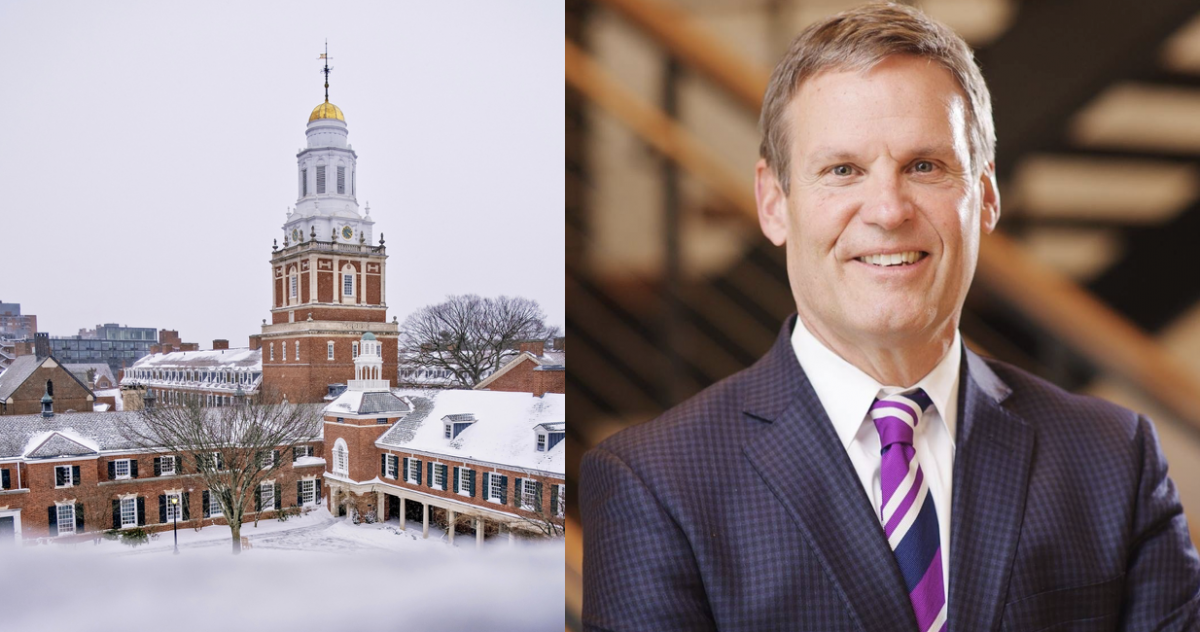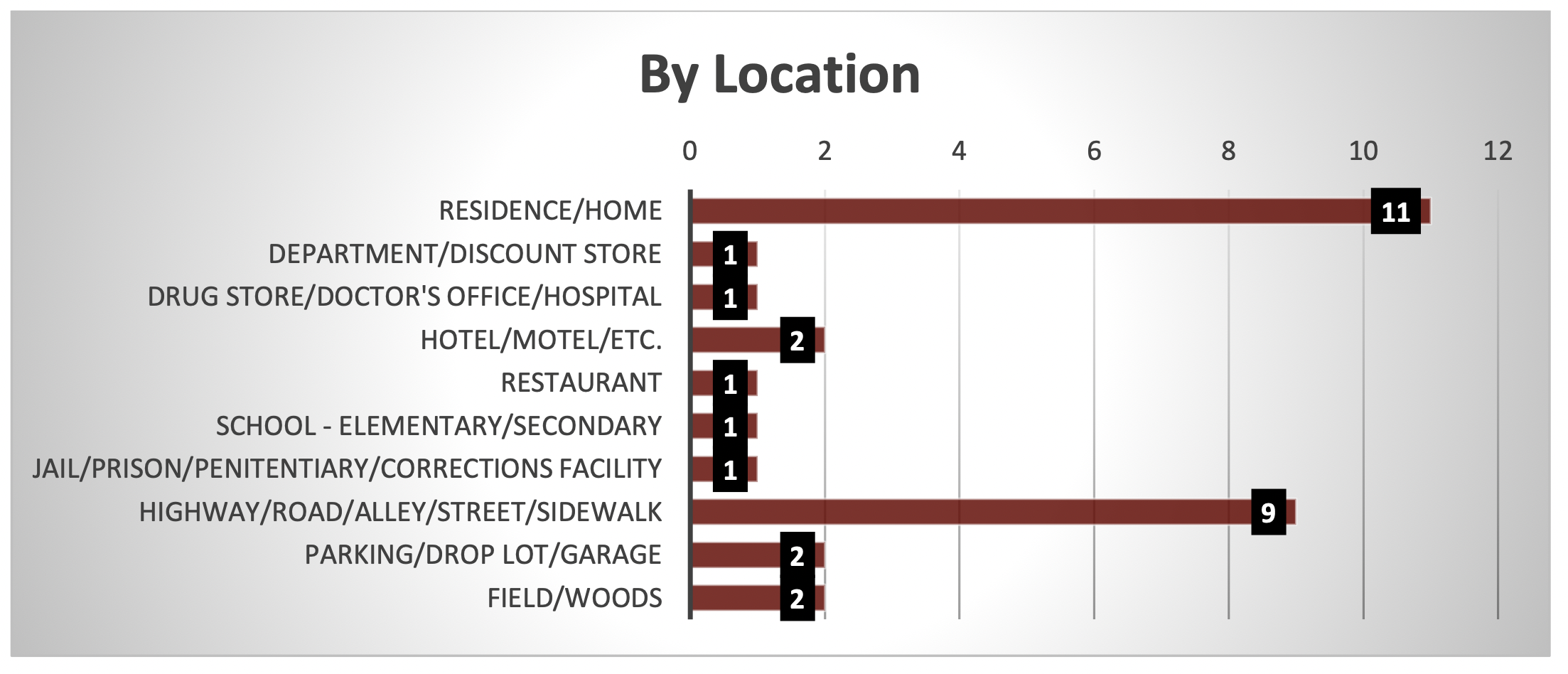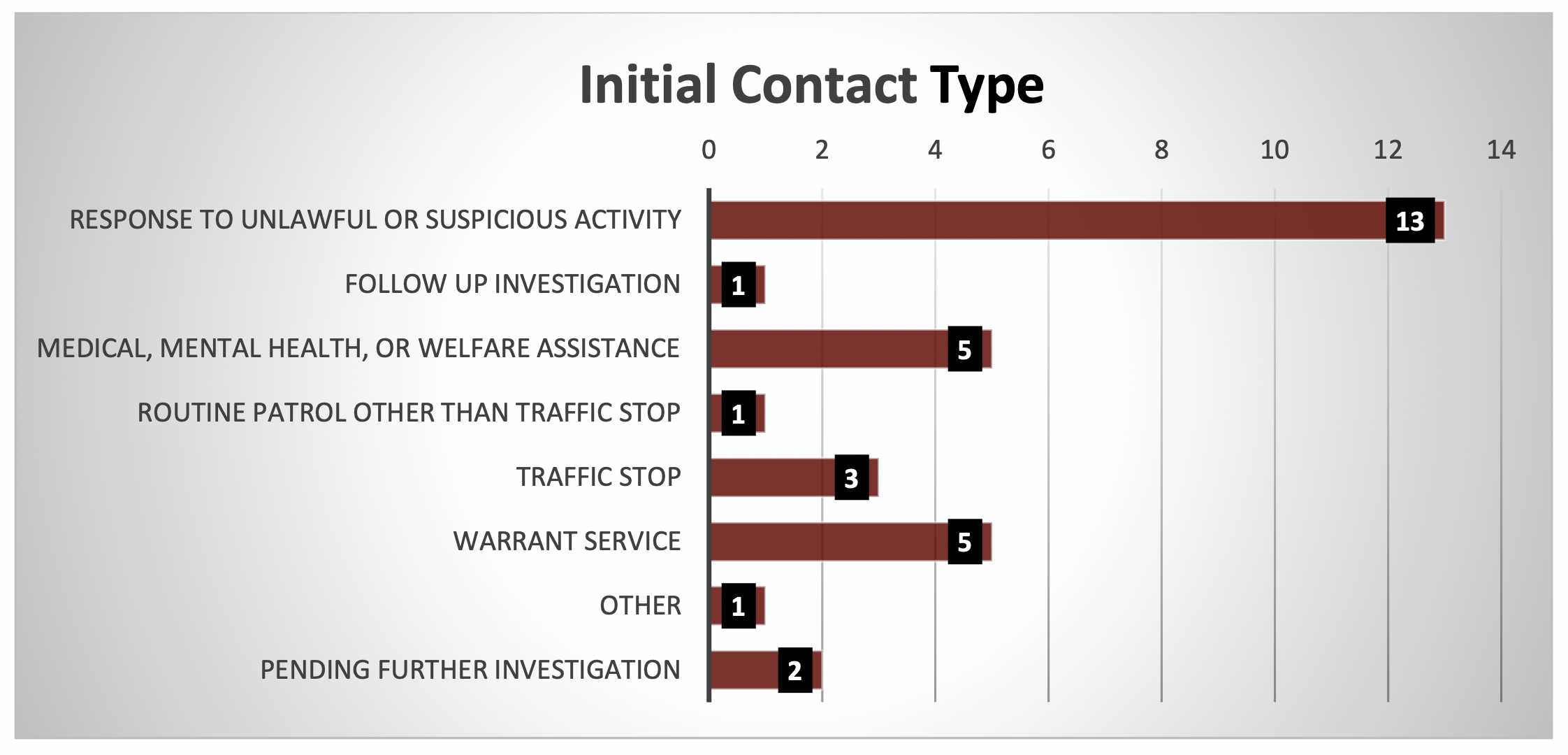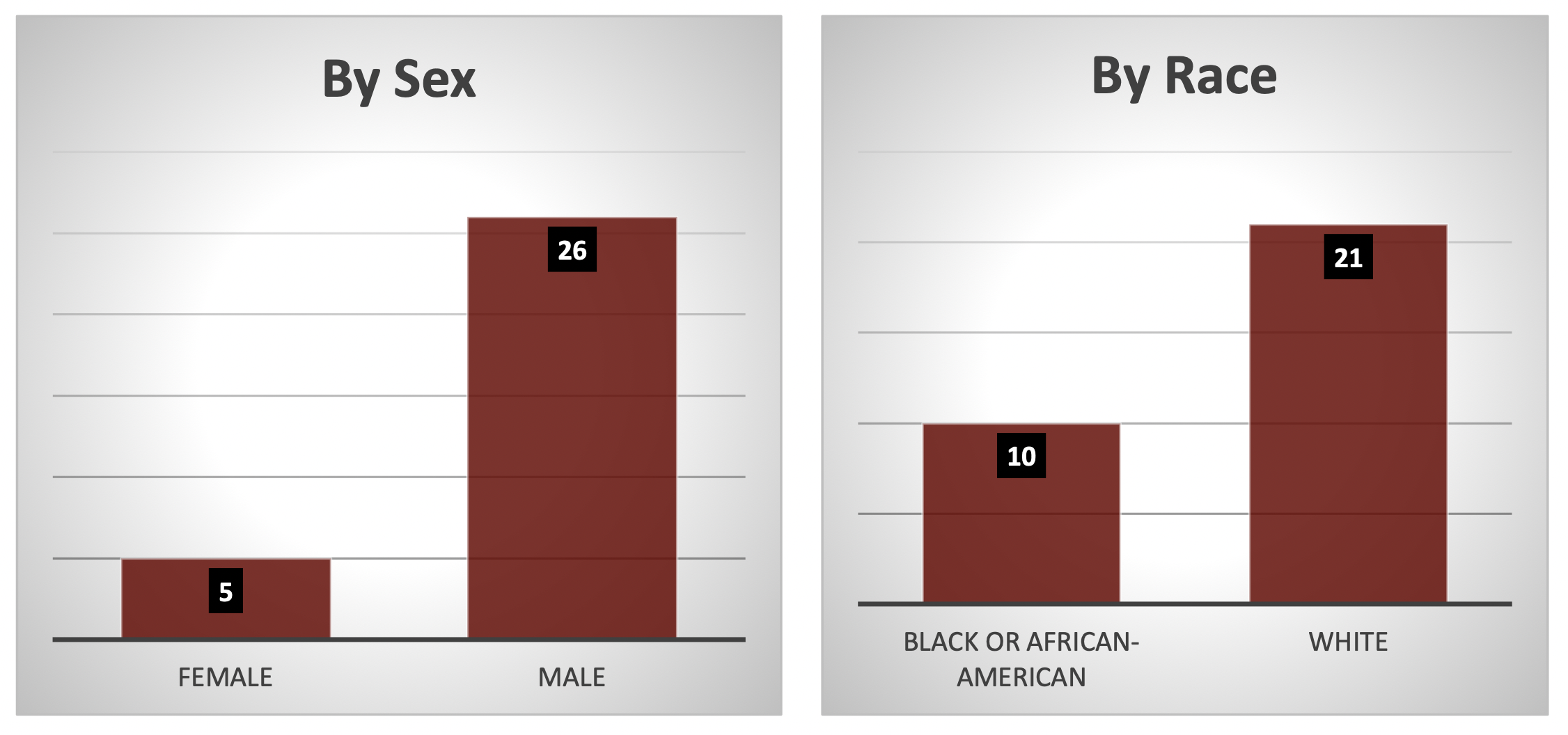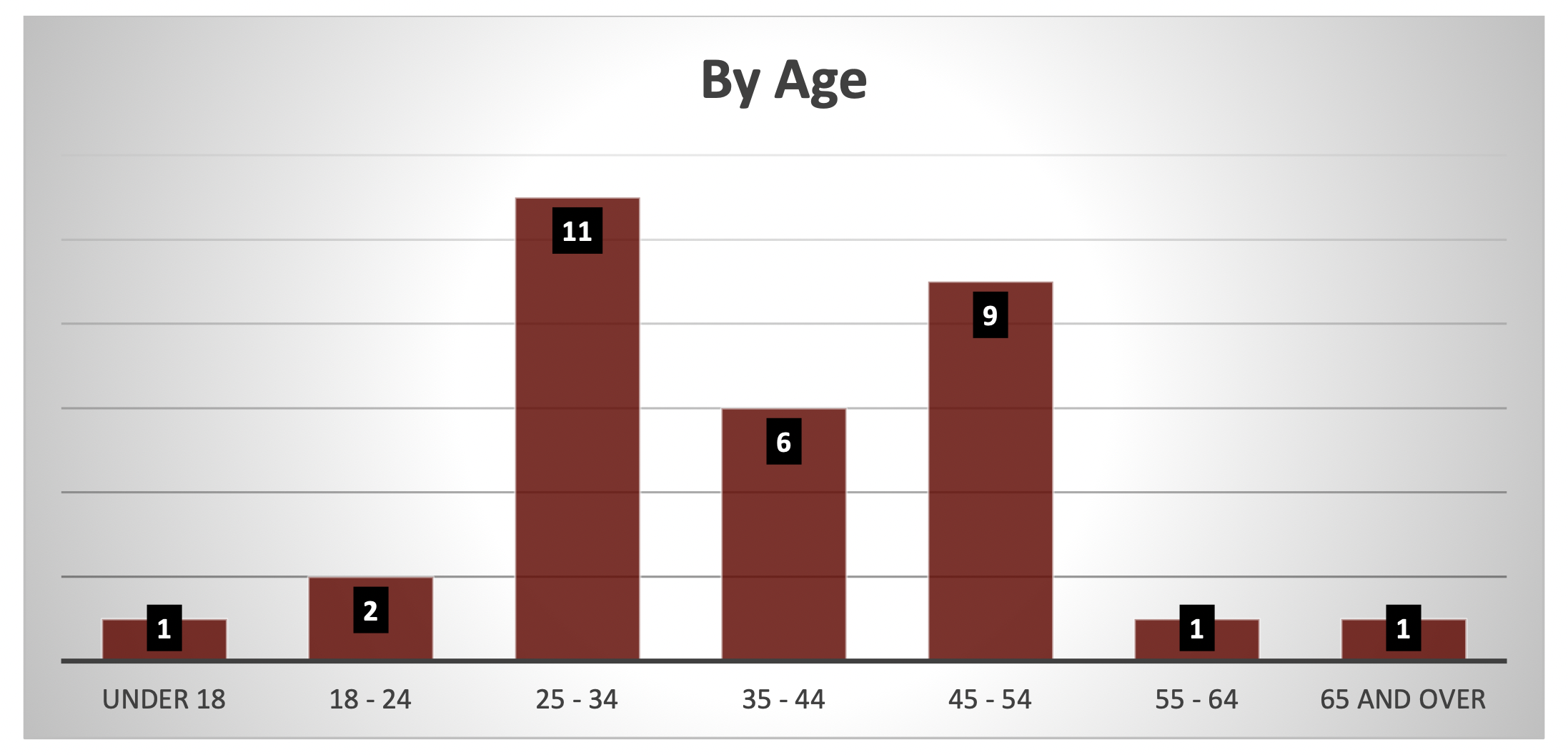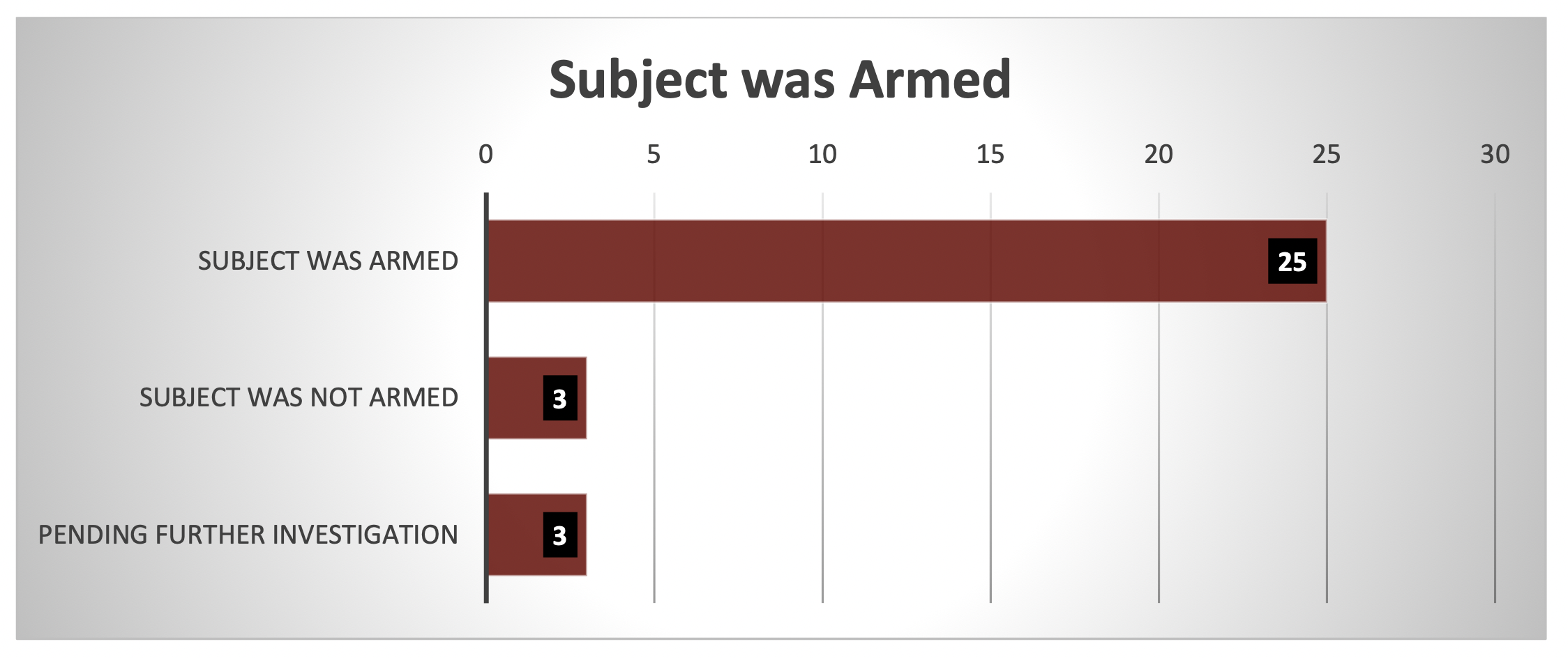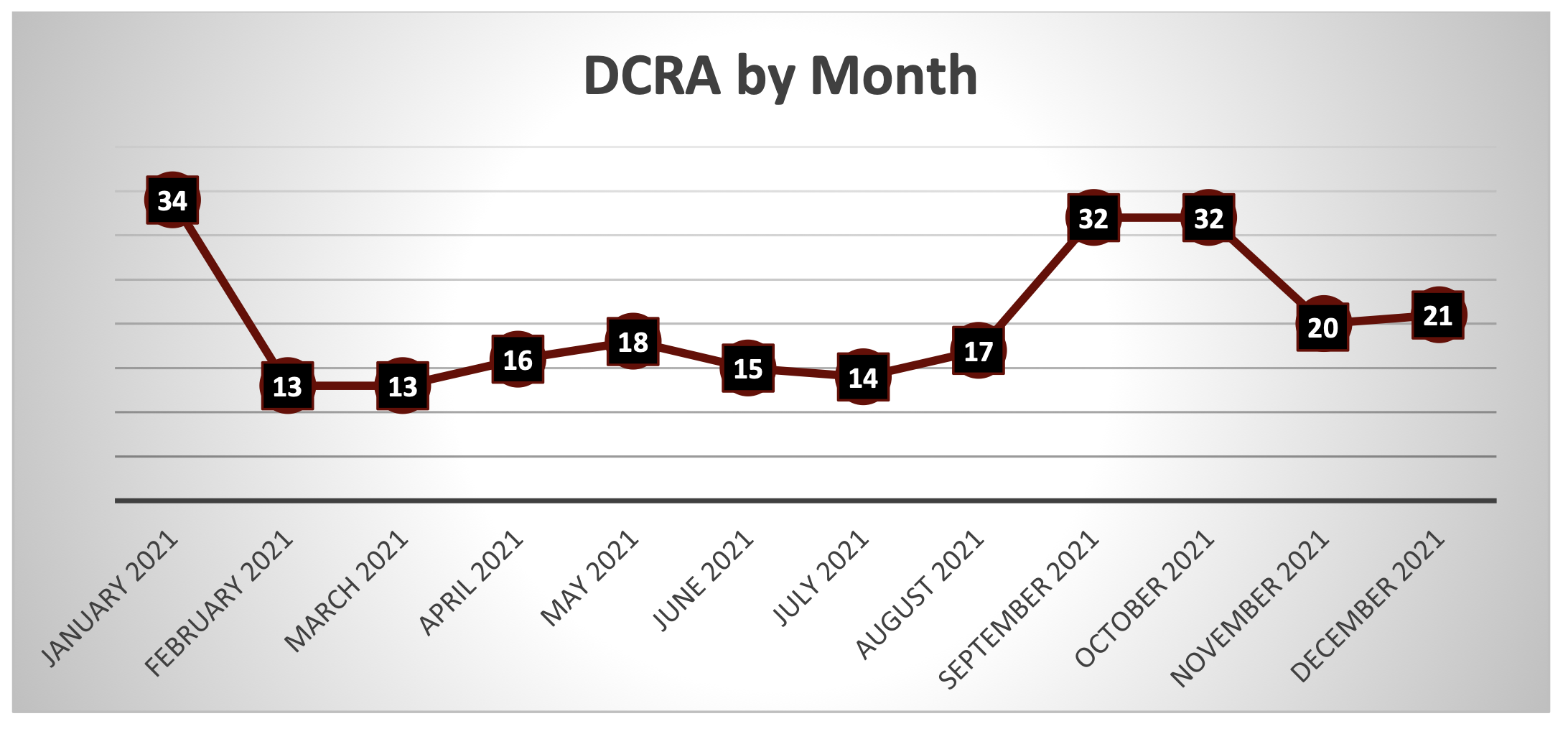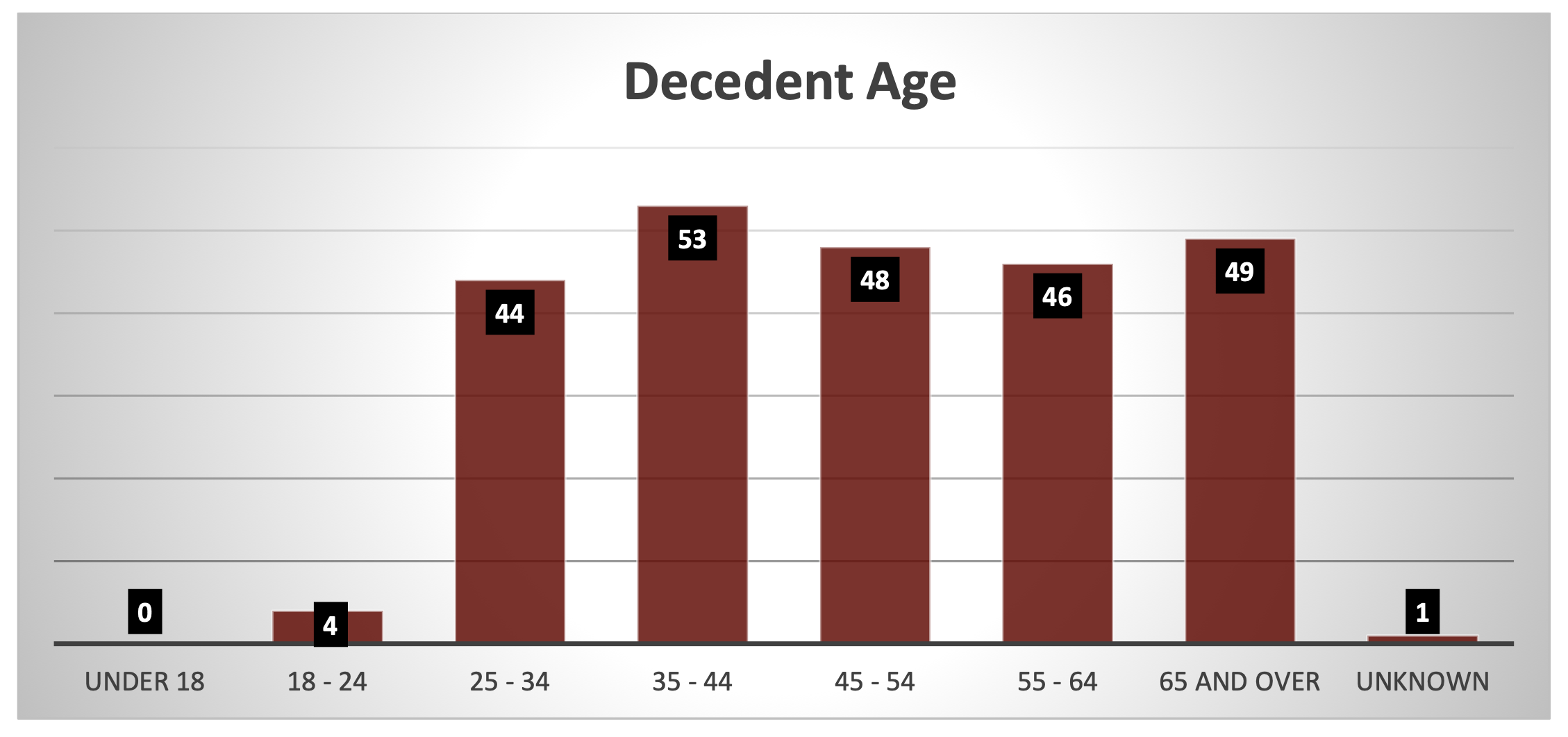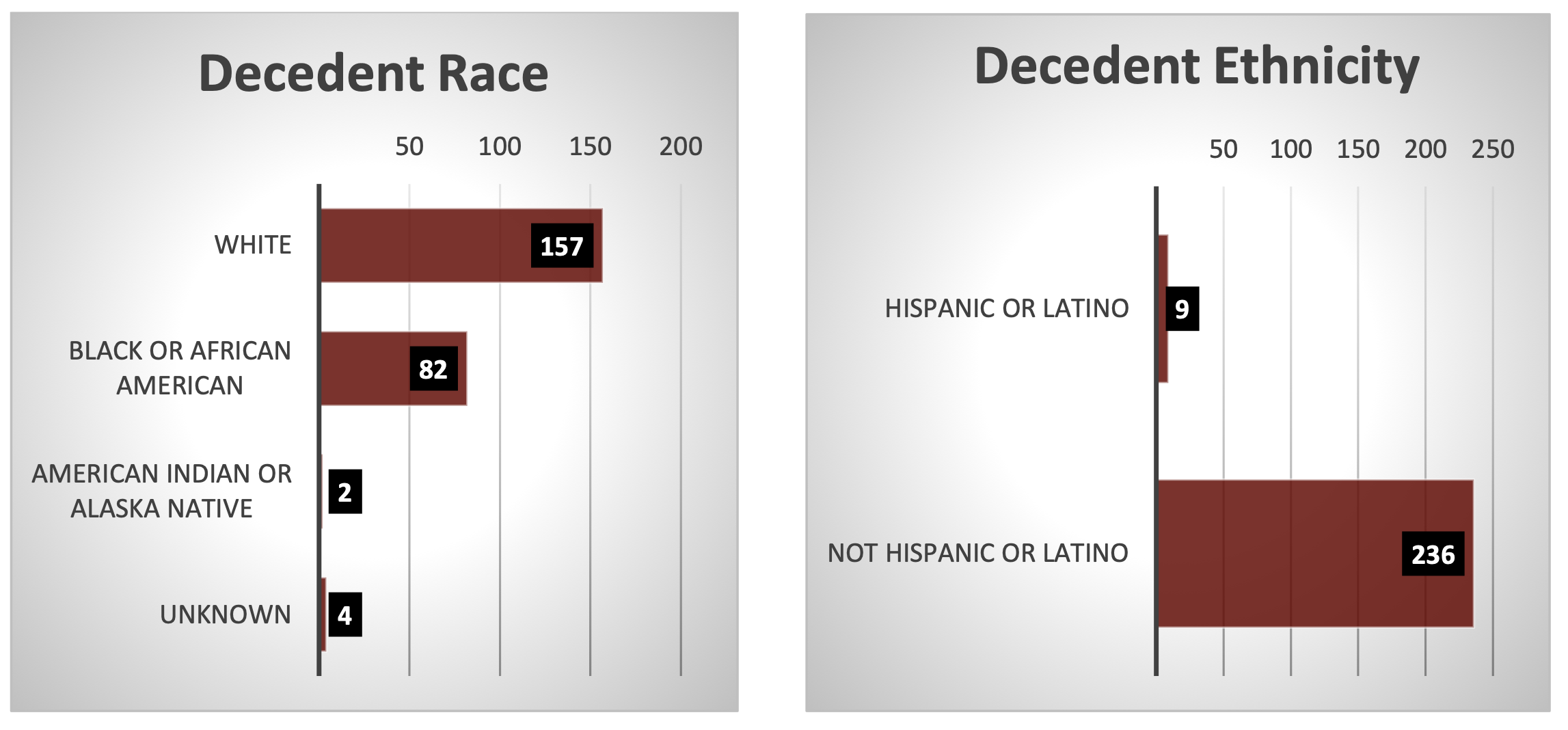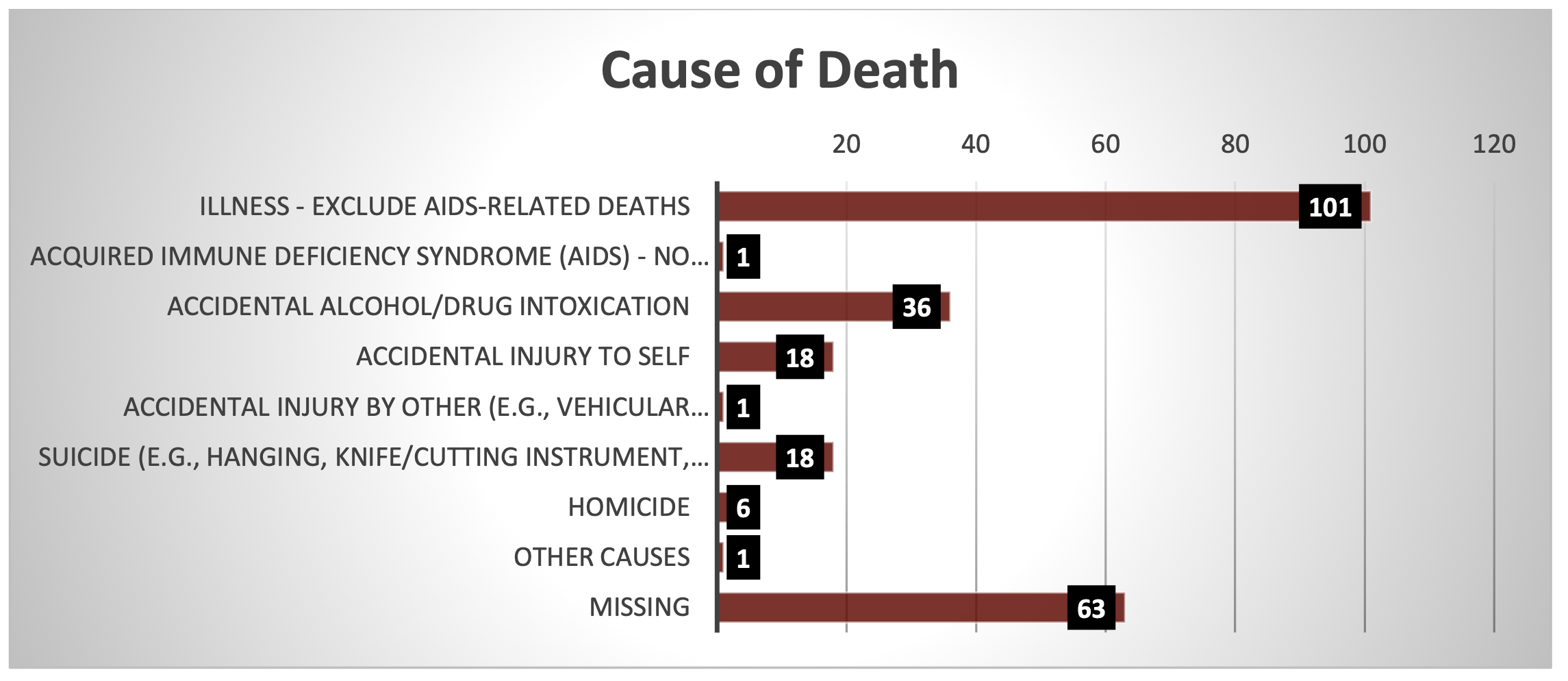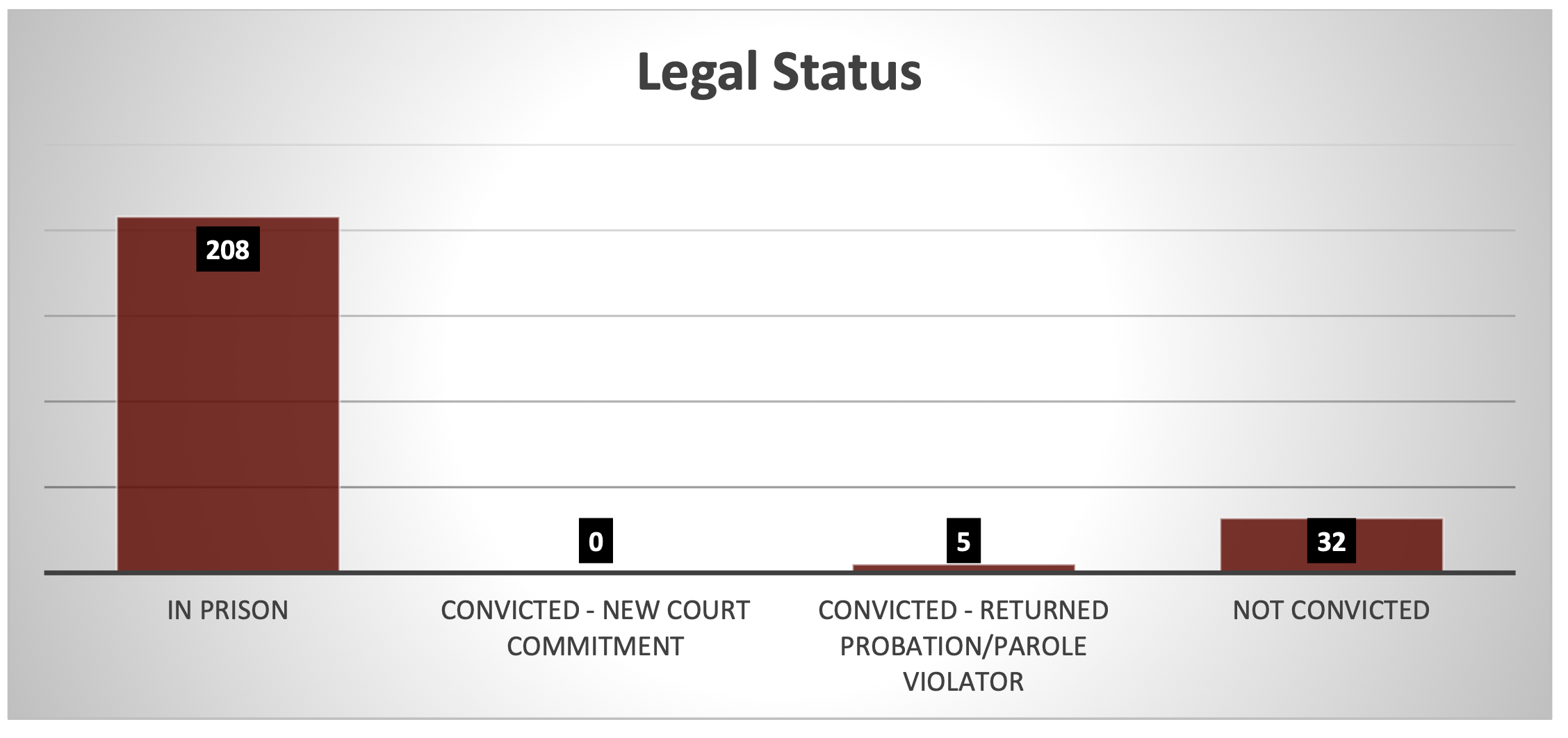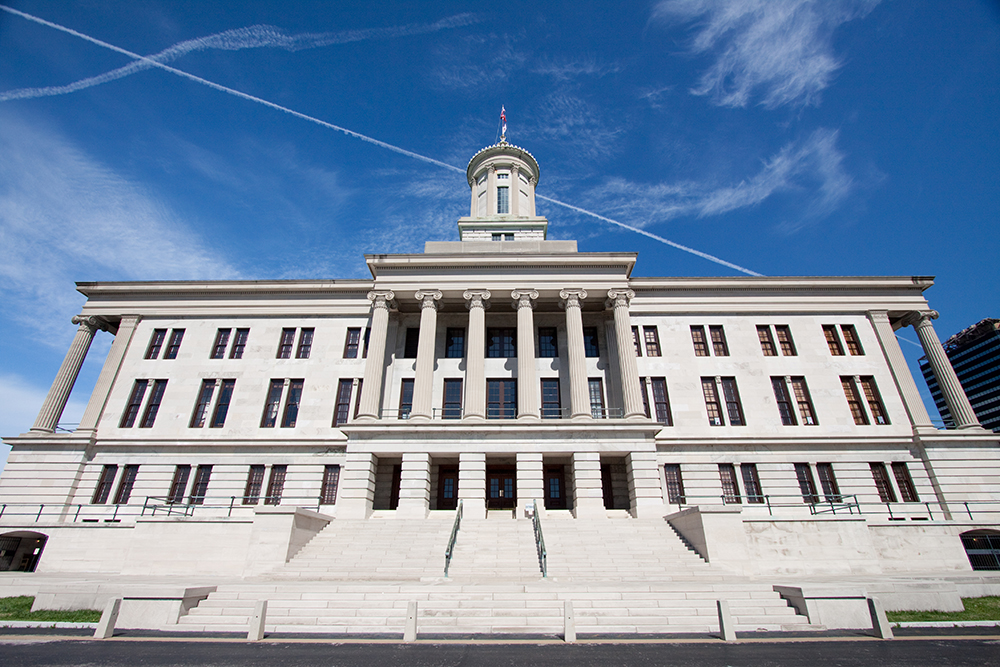Ripples from the U.S. Supreme Court’s Fridy decision to overturn the Roe v. Wade decision protecting a woman’s right to choose an abortion will spread for years, no doubt touching many lives. Here are some of the immediate reactions from Memphis and Tennessee groups following the announcement of the decision.
Tennessee Governor Bill Lee:
“Today’s landmark Supreme Court decision marks the beginning of a hopeful, new chapter for our country. After years of heartfelt prayer and thoughtful policy, America has an historic opportunity to support women, children and strong families while reconciling the pain and loss caused by Roe v. Wade.
“We have spent years preparing for the possibility that authority would return to the states, and Tennessee’s laws will provide the maximum possible protection for both mother and child. In the coming days, we will address the full impacts of this decision for Tennessee.”
Tennessee Attorney General Herbert Slatery:
“Today, the United States Supreme Court issued its decision in Dobbs v. Jackson Women’s Health Organization. It overruled the Roe and Casey decisions establishing a federal constitutional right to have an abortion. Today’s decision restores to the states their authority to regulate and prohibit abortion.
“Tennesseans, through the affirmative vote of their elected representatives, amended the constitution a few years ago to confirm that the Tennessee Constitution does not provide a right to an abortion and leaves the issue up to the General Assembly.
“As a result of today’s ruling:
• I will notify the Tennessee Code Commission in writing that Roe and Casey have been overruled, as required by statute.
• We have asked the full Sixth Circuit Court of Appeals to stay the district court’s injunction of the timing provisions in our heartbeat abortion law, so that the law will go into effect as soon as possible.
• In 30 days, after the issuance of the judgment, the 2019 Human Life Protection Act should go into effect in Tennessee.
“To state the obvious: Dobbs is a momentous decision. Our republic is founded on the rule of law. Accordingly, we give respect and deference to the court on occasions when its decisions align and support our state laws, and in cases when a decision might be contrary to Tennessee state law and what the majority of Tennesseans want, as was the case with the 2015 Obergefell decision.
“Most importantly, after nearly 50 years, today’s decision gives the people of Tennessee a say on what the court called ‘a profound moral issue.’”
U.S. Rep. Steve Cohen:
“What has been a right for women for nearly 50 years has been struck down by this radical Supreme Court. Roe. v. Wade empowered women to make decisions about their health care and the most fundamental trajectory of their lives. That has been taken from them by an activist Supreme Court that has chosen to ignore the court’s precedents for a political agenda.
“Lucius Burch, a great Memphis lawyer, spoke to me many years ago about the possibility of Roe v. Wade being overturned. He said it would never happen because women in this country would march in the streets in protest. Mr. Burch was wrong about Roe never being overturned. But he was right about how women will react. Women in this country will march and march and march – and they will vote and vote and vote.”
Tennessee GOP:
”For half a century, Roe vs. Wade has been the law of our land and we applaud the Supreme Court’s 6-3 decision to reverse course and allow the states to determine questions of life.
“We are proud that our work in Tennessee by electing good, pro-life Republicans has produced a long legacy of leadership that values the culture of life.
“However we know the fight for life does not end today, it merely shifts the debate from Washington to all the state houses across the country and serves as a reminder that our struggle is not complete. The prayers of millions and the actions of many were answered today as we all rejoice in the gift of life on this day.”
Tennessee Democratic gubernatorial candidate Dr. Jason Martin:
“For nearly 50 years, Roe v. Wade has been the law of the land — protecting the right to choose and reproductive health. Today, on this horrific day, that has come to end. In Tennessee, all abortions will be effectively illegal in 30 days and it will have the greatest impact on our most vulnerable communities.
”Make no mistake, abortions will still occur, but they will no longer be safe. Some will say that people can travel to other states, but not only does that further burden women without resources in an already difficult time, but it also fails to acknowledge that our rights are limited by an extremist Supreme Court and state legislature. As a physician, I also worry about how this impacts how we treat women in the hospital — how can I give someone the best medical care possible when medical decisions are no longer just between a woman and her doctor? Tennessee’s trigger law will be detrimental to the health and safety of all Tennesseans, and we cannot let that stand.
It has been clear for some time now that winning Tennessee’s gubernatorial race is a fight to protect women’s rights, freedoms, and safety. What happened this morning just shows us how urgently we need to act, and how much we need to come together to defeat this trigger law, Bill Lee, and the radical super majority in November.”
Tennessee U.S. Senator Marsha Blackburn:
”Having worked alongside Tennesseans to protect the innocent lives of unborn children for years, I applaud today’s Supreme Court ruling.
“Despite false claims from the left, this decision will not ban abortion. Instead, it returns the decision to the states and empowers state legislatures with more flexibility to craft policy through the democratic process.
“It is unacceptable that a draft opinion was leaked in advance and that the person responsible has not been caught. The leaker has jeopardized the safety of our justices, and threats of violence by the radical militant mob are unacceptable. We appreciate the brave law enforcement officers working overtime to protect our justices and their families.”
Healthy and Free Tennessee, a reproductive rights advocacy group:
”At Healthy and Free Tennessee, we have been preparing for this reality and will continue to center abolition in the fight for reproductive justice for all Tennesseans. We are not giving up on our communities and will not stop fighting for the decriminalization of abortion, pregnancy, and parenting.
“Now more than ever, we are backing our clinics, we are fighting against criminalization, and are here for our communities. Tennesseeans deserve freedom from state violence and criminalization. We will always oppose laws that punish people for pregnancy outcomes and will always work to provide accurate resources and information, fight for increased resources for pregnant people and families, and advocate for the rights of pregnant people. We deserve the dignity to make decisions about our own pregnancies, families, and futures.”
Tennessee House Minority Leader Rep. Karen Camper:
“I have often said that abortion is a complicated and very personal decision. And I personally believe that we don’t spend enough time on finding solutions to the reasons why some people have to have abortions.
“However, this ruling means that in Tennessee, all abortions will be criminalized, including for victims of rape and incest. Women should have the right to make their own, personal healthcare decisions. This is an unfortunate decision based on politics instead of established law and, according to the vast majority of polls, the will of people.”
Hendrell Remus, chairman of the Tennessee Democratic Party:
“This decision is a direct assault on the rights of Tennesseeans. The court’s interpretation of the constitution on this issue is flawed and a direct insertion of political activism on the highest court in the land.
“This decision made by a conservative majority on the court, will empower a radical majority serving in state legislatures across the country. Politicians will be even more emboldened by this decision to impose their most restrictive views on us. Today, an essential and lifesaving freedom was discarded by a court installed to protect it.”
Brit Bender, executive director Tennessee Democratic Party:
“Clearly, this is a blow to Americans everywhere, but in Tennessee, abortion is most at risk due to a trigger law that will outlaw abortion without the federal right. This trigger law now criminalizes any abortion unless necessary to prevent death or ‘serious risk of substantial and irreversible impairment of a major bodily function.’ The abortion ban puts millions of Tennesseeans in danger and takes away their bodily autonomy.
“We are going to keep pushing back against anti-choice representatives and legislation any chance we get. The Tennessee Democratic Party will work to support pro-choice candidates and legislators as well as abortion rights groups in state. We’re prepared to fight for the safety and autonomy of Tennesseeans.”
Tennessee state Senator Raumesh Akbari:
“The Supreme Court just reset the clock on women’s constitutional rights to 1972. This decision puts the lives of women in imminent danger by handing politicians control over our most personal healthcare decisions. This is a stunning reversal of a decades-long expansion of our personal privacy rights and it’s disgraceful because it will not affect every American equally. Men’s reproductive liberties are completely untouched and protected.
“In Tennessee, abortion is already a right in name only for many people but even here the consequences for women will be swift and severe. Soon, a law from 2019 will make it a felony to provide an abortion in our state. As a direct result, the few abortion providers we have left will be criminalized and women and girls will be forced to carry pregnancies to term, even when they are a victim of rape or incest.
“Those with economic means, access to transportation, and friends who can help them get around legal roadblocks will still be able to exercise some control over their own bodies. But poor women and many Black women, women who already feel the sting of inequity in our laws and economy, will feel the repercussions of this decision right away.
“In this country, our sisters and daughters should have the same rights that our brothers and sons have, which is exactly why women should be trusted to start a family when they’re ready — without interference from politicians. Instead, we are going backward and the extreme politicians who brought us to this point are ready to shred our rights even further.”
Tennessee House Democratic Caucus Chairman Rep. Vincent Dixie (D-Nashville):
“This a sad day for this country. The Supreme Court was once the place that Americans could turn to for justice. The women’s movement, the civil rights movement, the disabled community and the LGBTQ community all turned to the high court to have their basic human rights affirmed. However today, politics overruled justice.
“Today, the black robes of the Supreme Court turned red and politics ruled the day. Now, we have to fight back and the best place to do that is at the ballot box. We have fewer than a dozen days now to register to vote in Tennessee and I urge everyone to let their voices be heard in this year’s upcoming election.”
Steve Mulroy, Democratic nominee for Shelby County District Attorney:
“This is a sad day. The politicized right-wing court goes out of its way to overturn half a century of precedent, with women as the victims.
“As District Attorney, I’ll be very different from Amy Weirich. Weirich’s party and Donald Trump want her to turn her attention away from prosecuting violent crime and prosecute women and their doctors. We need to be focusing on carjackings, murders, domestic violence – not jailing doctors helping women make reproductive choices.”








